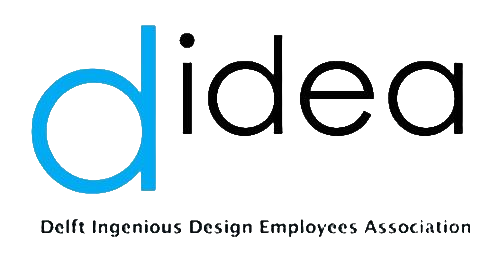Meat is a hot topic of the modern era. Climate concerns and ethical conundrums are significant issues that result from meat consumption, which is forcing questions about the place of meat in our diets. However, there are some people that believe that we can keep eating meat without environmental or ethical concerns. These people are the start-up company called Meatable, who enlisted the PDEng trainees Luís Parreira, Konstantinos Alexias, Paula Gonzàlvez Querol and Thanos Pappas to perform the conceptual design of their cultured meat production process. Cultured meat is grown directly from the cells of an unharmed animal, which reduces the environmental burdens of meat production and avoids the ethical issues associated with slaughtering. Process feasibility on the lab-scale is one thing, but the trainees set out to investigate if the industrial scale process would be feasible and profitable. The full production chain from the proliferation of stem cells up until the final stage of meat production was considered, with critical areas for improvement being identified with particular regard for process economics. On a cost per kilogram basis, the trainees discovered that this cultured meat venture could be a cost competitive alternative for large scale meat production. However, the design uncertainties associated with the technologically advanced “cell differentiation reactor/scaffold” stage of the process, along with the nutrition media of the cells, which is biologically complex, were identified as key challenges for the process. During their project, the team faced difficulty in addressing the novel differentiation reactor due to its deviation from conventional bioreactor principles. This difficulty was further exacerbated due to lacking of relevant literature, which forced the team to use their engineering intuitions to make key decisions with as much accuracy as possible. Nevertheless, these difficulties were overcome to conclude that the scale-up of this cultured meat process is likely to be a feasible opportunity to address the issues that our modern society faces as a result of meat based diets.
